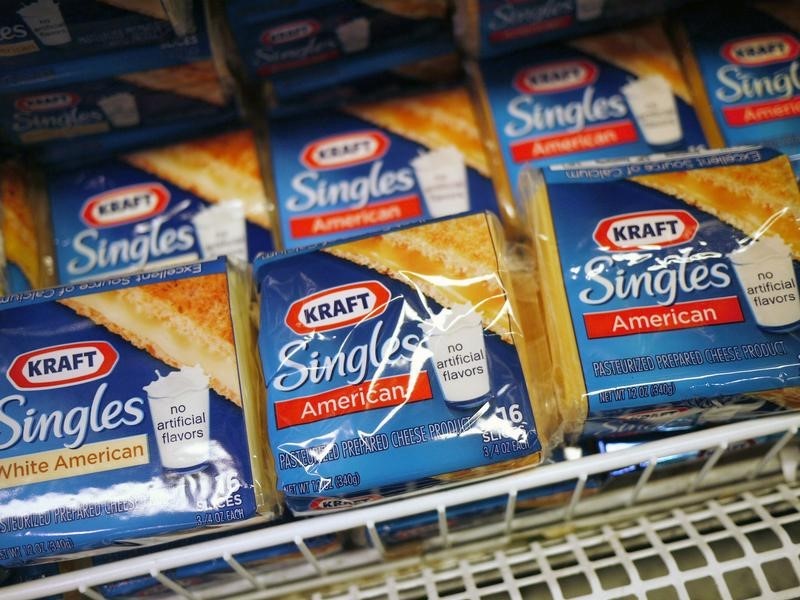Proactive Investors - Kraft Heinz (NASDAQ:KHC) Co (NASDAQ:KHC, ETR:KHNZ) has an ambitious goal to generate $2.5 billion in efficiencies by 2027, and it will need artificial intelligence to do it.
The consumer goods giant aims to achieve savings in logistics, manufacturing, and procurement by optimizing delivery routes, improving case fill rates, rationalizing SKUs, modernizing management systems, implementing touchless demand forecasting, improving supply planning, and reducing waste.
A Jefferies analyst has zeroed in on how AI is transforming food manufacturing, using Kraft Heinz as a case study.
Key impacts highlighted in the note include enhanced understanding of consumer behavior through data-driven insights, which aids in product innovation and market adaptation; optimized trade and advertising strategies that increase ROI and market share, exemplified by the successful promotion of Philadelphia cream cheese; and significant supply chain efficiencies achieved through automation and real-time monitoring, contributing to substantial cost savings and improved margins.
These AI-driven strategies are positioning Kraft Heinz to better navigate market demands and operational challenges, Jefferies analysts believe.
On the bottom line, automation initiatives in its supply chain resulted in approximately $700 million in gross cost savings in 2023 and $173 million in Q1 2024, leading to gross margin expansion beyond expectations.
Kraft Heinz's consumer-centric approach
One of the biggest ways Kraft Heinz can transform its business is by leveraging AI to better understand consumer behaviour, according to Jefferies.
“Understanding consumers is critical to sustaining and growing sales,” analysts wrote.
Kraft Heinz uses AI to gain insights into consumer behaviour for new product creation. Recently, Kraft Heinz introduced the Heinz Remix machine, allowing consumers to create custom sauces at venues like ballparks and theaters, and using the collected data to identify popular flavors for retail. The company also demonstrated its rapid innovation capability in fall 2023 with the Agile@Scale methodology, quickly bringing the viral "Ketchup and 'Seemingly Ranch'" sauce to market within three weeks.
This tech-enabled approach enhances efficiency and supports growth, Jefferies believes.
From insights to action
Elsewhere, AI adoption can help optimize advertising and marketing.
“Identifying the best promotions, in-store activations, and advertisements to create higher ROI customer engagements is critical to driving volumes,” Jefferies analysts noted.
Food producers, including Kraft Heinz, are moving away from pre-pandemic promotional strategies towards more targeted, digitally-enabled spending.
Jefferies highlighted the company’s increased promotional efforts for Philadelphia cream cheese during the 2023 holidays, which successfully regained nearly 2.2% of market share monthly since October, following a supply disruption.
By strategically connecting with consumers, Kraft Heinz significantly improved its market position, analysts noted.
The path forward
Efficiencies and optimization is becoming even more pressing following disappointing first-quarter results from Kraft Heinz, with revenue and earnings missing analysts' estimates and sales declining across all regional segments.
Kraft Heinz reported first-quarter revenue of $6.41 billion, showing a 1.2% decline from the previous year and missing analysts' expectations, with diluted earnings per share (EPS) at 66 cents, down 2.9% from the previous year and also falling short of forecasts.
With AI-driven insights crucial for understanding consumer behavior, optimizing supply chains, and improving marketing strategies, Kraft Heinz can potentially address challenges such as declining sales volumes attributed to pricing actions and changes in government assistance programs like the Supplemental Nutrition Assistance Program (SNAP).
By utilizing AI technologies effectively, Kraft Heinz aims to mitigate these challenges and position itself for sustainable growth in a competitive market landscape.
